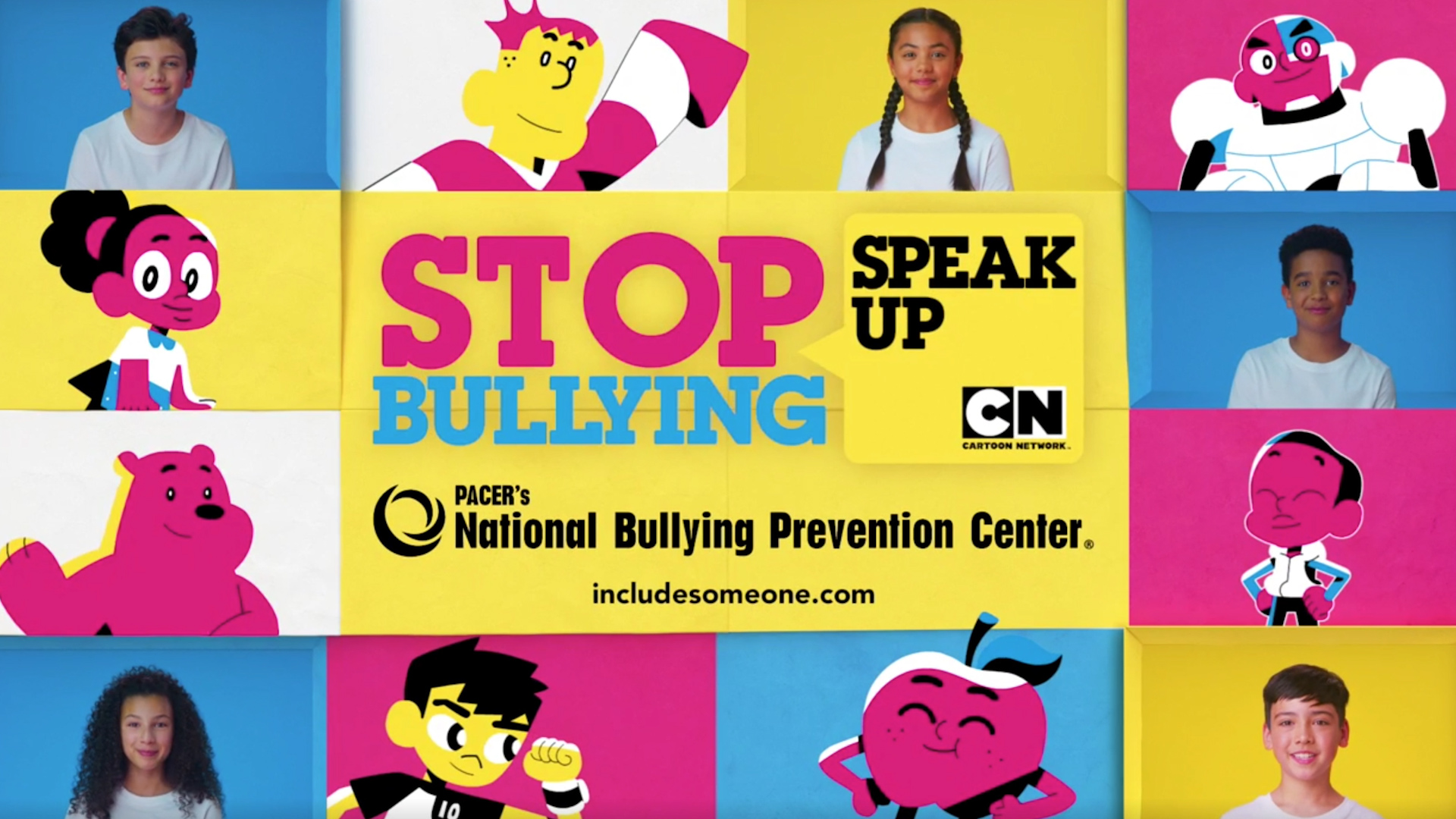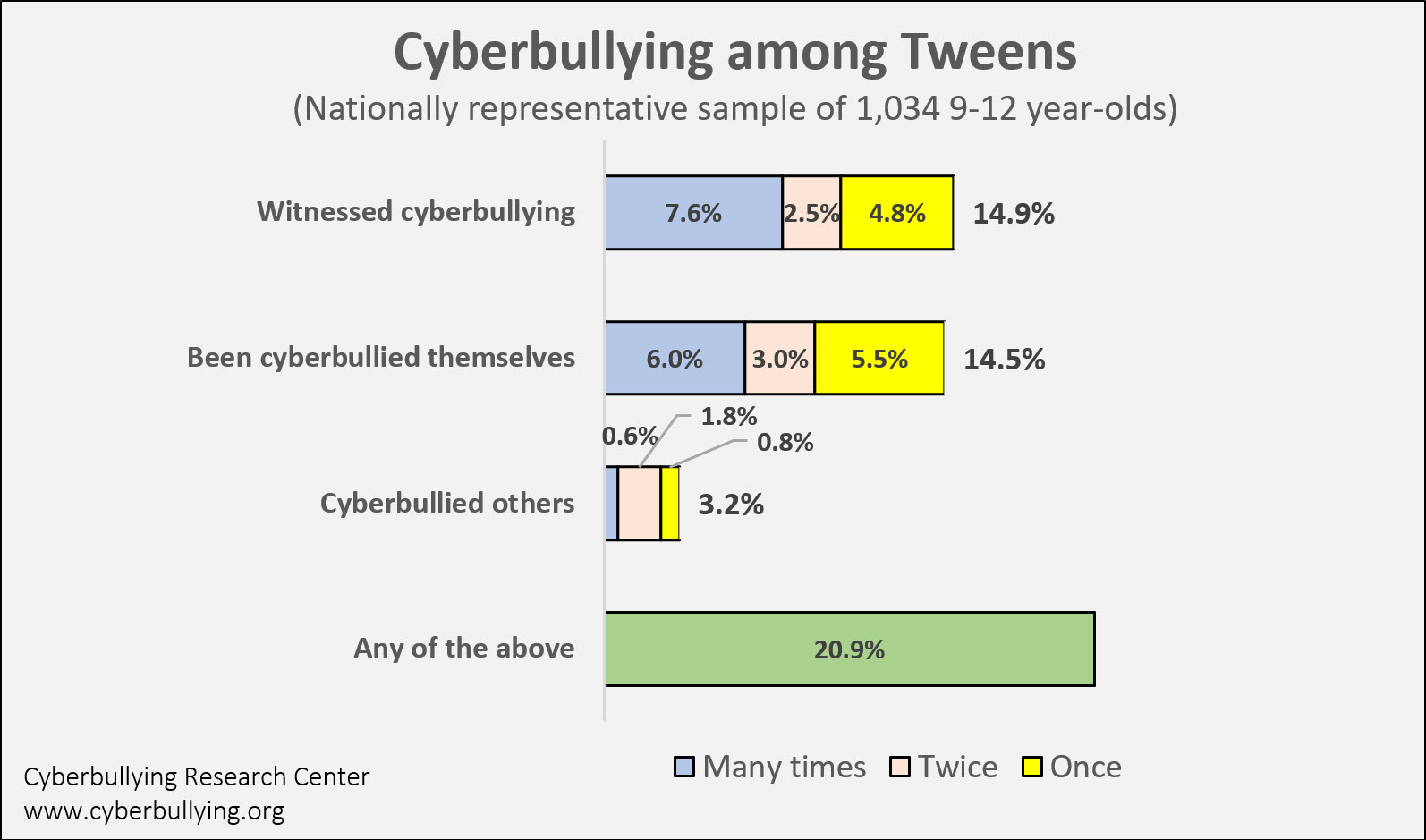MADISON, Wis.— In the first nationwide study of its kind, research has shown one in five children ages nine through twelve has experienced cyberbullying.
If you’ve got kids on a computer, phone, or tablet at home, you’re likely worried about cyberbullying. New research shows you should be on alert early.
Earlier this year, Cartoon Network reached out to UW-Eau Claire professor Justin Patchin, who is also the co-director of the Cyberbullying Research Center. Leaders at Cartoon Network said they wanted to study cyberbullying in tweens because that’s a big chunk of their audience.

Patchin said there weren’t any national studies on tweens and cyberbullying before this one. “We basically said that we haven't done this. We did some quick searches online, and nobody really had [studied it],” he said.
“It's a national survey of over 1,000 tweens across the United States,” Patchin said. “[It] asked them about their experiences with bullying at school and bullying online, and some of the other issues they're facing online.”
The results showed cyberbullying can begin at age nine, or even before.
One in five kids age nine through twelve has been cyberbullied, seen it happen to others, or done it to someone else.

There were some other key findings, too. More than half of tweens said they stepped in when they saw online bullying. However, they didn’t always know just how to do that.
“Many tweens struggled with what to do, they didn't know who to tell, they didn't know how to, for example, report it on a particular app or website, they didn't know how to block,” Patchin said. “That means we need to educate them more and empower them more and teach them how to do these things.”
He said parents should know what their kids are doing on their devices. “It is important as parents to know what apps they are using, how they're using them who they're interacting with,” he said.
Opening the lines of communication could be key to keeping kids safe online.

“Reinforcing that message that, 'Look, you might run into some things online, if it's cyberbullying and hurtful comments, or whatever, we'll work through that; I can help you deal with that,'” he said. “'But I have to know what's going on in order to help.”'
Patchin said often, kids are afraid to share cyberbullying experiences with their parents because they’re afraid of losing smartphone or computer access. He said that can be especially true with younger kids, who may just be gaining that privilege. Making sure kids know they won’t get in trouble or lose access to their devices could make a difference.
He said greater reliance on technology during the pandemic makes these conversations with kids even more important.
“I think if this pandemic is showing anything, it's that a lot of these elementary-age students are getting access to a Chromebook or a smartphone to do school work, interact with friends,” he said.
“As parents, and to some extent educators, we need to teach them how to use these devices safely and responsibly.”
For more information from the Cyberbullying Research Center about how to talk to your kids about cyberbullying, click here.


